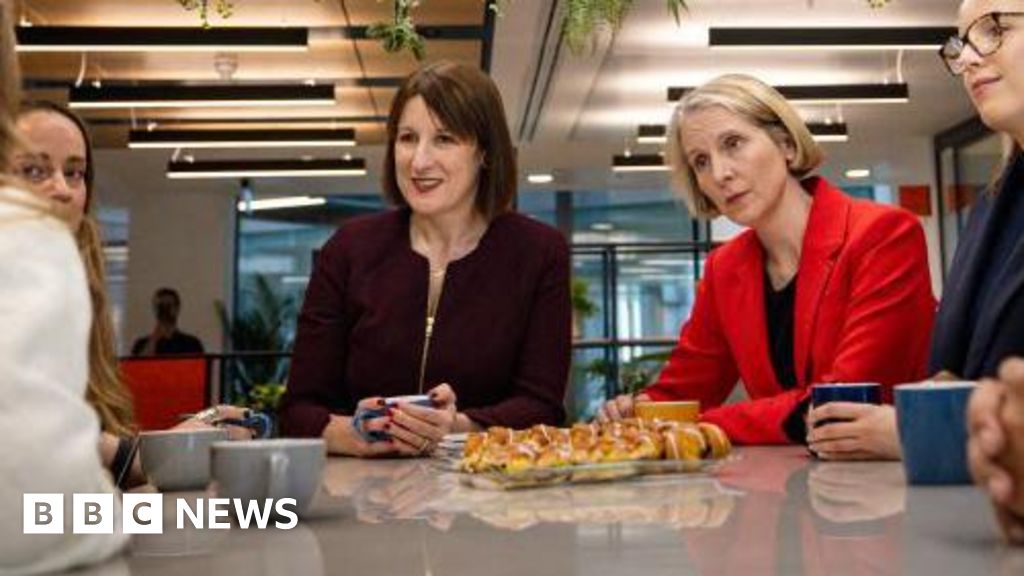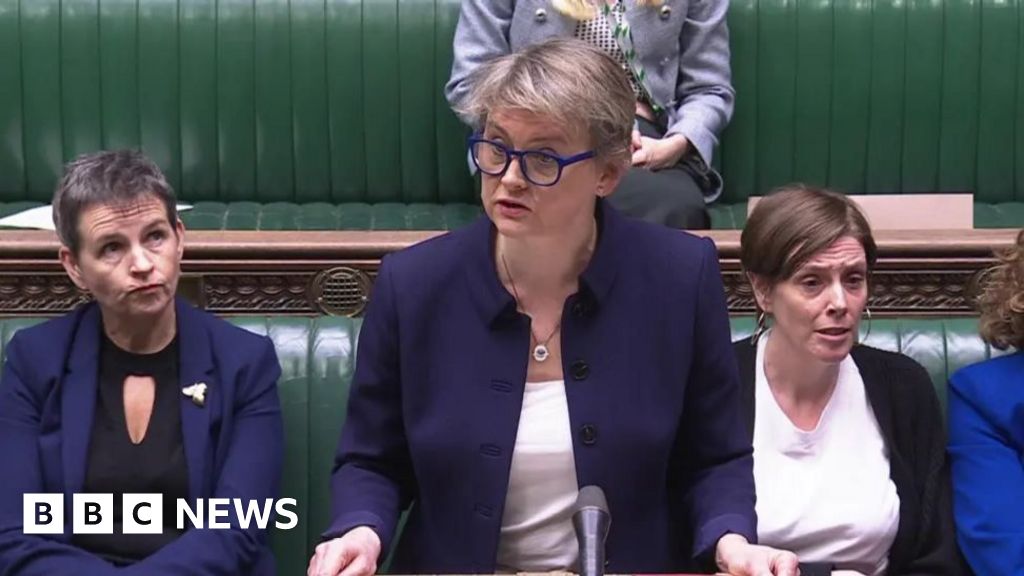ARTICLE AD BOX
Boris Johnson has held talks with President Biden at the White House - but the American administration has played down the chances of brokering a separate post-Brexit free trade deal with the UK.
BBC editors and correspondents look at the prospects of securing a stand-alone agreement with the US and ask if joining an existing North American trade pact instead is a more realistic option.
The UK and USMCA - is there a benefit?
Brexit gave the UK the freedom to strike its own trade deals - and accounting for £1 in every £6 of British trade, a pact with the US was the ultimate prize.
But Whitehall officials have for months been scrabbling for an alternative after the Biden administration indicated it was in no hurry to resume talks.
Joining USMCA - the existing trade arrangement between the US, Canada and Mexico - could give the UK deeper benefits on some goods and digital trade with North American economies.
But it has limited coverage of what is the U.K.'s biggest strength when it comes to selling to America, namely services.
Economists say the overall gains from joining USMCA may be very limited, perhaps less than 0.1% of GDP
And what would the price be?
The UK already has deals with Canada and Mexico, it would have to rely heavily on American cooperation to join this trade club - and one where the rules have already been set, and hasn't allowed for new members.
America's price of admission may include a hurdle already encountered: standards surrounding food and agricultural goods
For President Biden is explicit that his priority is US workers, not least its farmers.
He is also clear that domestic issues take precedence.
Even if the UK does want to sign up to USMCA, it may still be at the back of a queue - simply to get its application considered.
What about trade with the world's largest economies?
The government highlights the fact that it has signed trade deals with more than 60 countries since it left the European Union.
But the vast majority of them are rollover deals, copying the terms of agreements it already had when it was part of the EU.
It has been an achievement to have concluded these deals so quickly, but it has not added to the sum of British trade around the world.
The UK's deal with Japan is marginally different than the EU's, so is an updated agreement it signed in June with Norway, Iceland and Lichtenstein.
The UK has also agreed a deal in principle with Australia, which the EU has not. But that agreement has yet to come into effect, and will comprise only a tiny part of overall UK trade.
So, that leaves the world's three largest economies.
Trade with China will always be fraught with difficulty for political reasons.
President Biden has now confirmed what has been obvious for some time - that a free trade deal with the United States is not going to happen any time soon.
And Britain chose to leave the EU and its single market, and sign a new deal which limits the access it had before.
As a result, according to the EU's statistics office Eurostat, British exports to the EU in the first seven months of this year fell by more than 17% compared to the same period in 2020.
The coronavirus pandemic may have been an inhibiting factor for trade, but exports from all other major economies to the EU have risen.
Better trading opportunities and a long-term focus on fast-growing markets in Asia were arguments put forward by supporters of Brexit.
But leaving the EU is going to mean the UK does less trade around the world in the next few years, not more.
Friendly relations - but bumps in the road
With Joe Biden and the Democrats back in charge in Washington, the US was expected to strengthen ties with Europe and put the UK, to paraphrase Barack Obama, toward the back of the queue.
Donald Trump's focus on transactional diplomacy and penchant for one-on-one deals was out; multilateralism was again in vogue.
That's not exactly how things have played out, however.
On Tuesday morning, Biden gave a speech at the United Nations emphasising the need for collective action by the community of nations.
But by the evening, he was back at the White House for a one-on-one meeting with Boris Johnson, talking up a US-UK relationship that has taken on greater relevance for the Biden administration in the past few weeks.
Although Johnson earlier spoke of US-UK relations that are "as good as they have been in decades", there are still a few bumps in the road.
The US seems uninterested in prioritising a new trade deal. Biden's "we'll have to work that through" comment on Tuesday wasn't exactly an enthusiastic response.
The president, who regularly boasts of his Irish heritage, has also warned of what he sees as the danger Brexit poses to stability in Northern Ireland - a point he again alluded to on Tuesday.

 3 years ago
50
3 years ago
50








 English (US) ·
English (US) ·